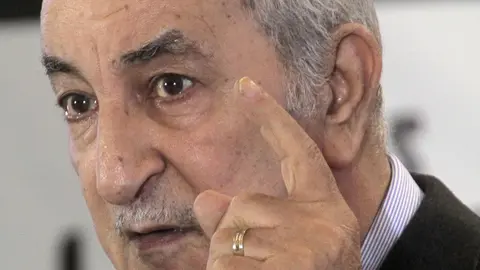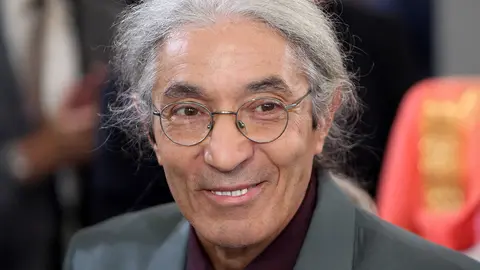The UN exposes Algeria: human rights violations and persecution of activists, journalists and political opponents
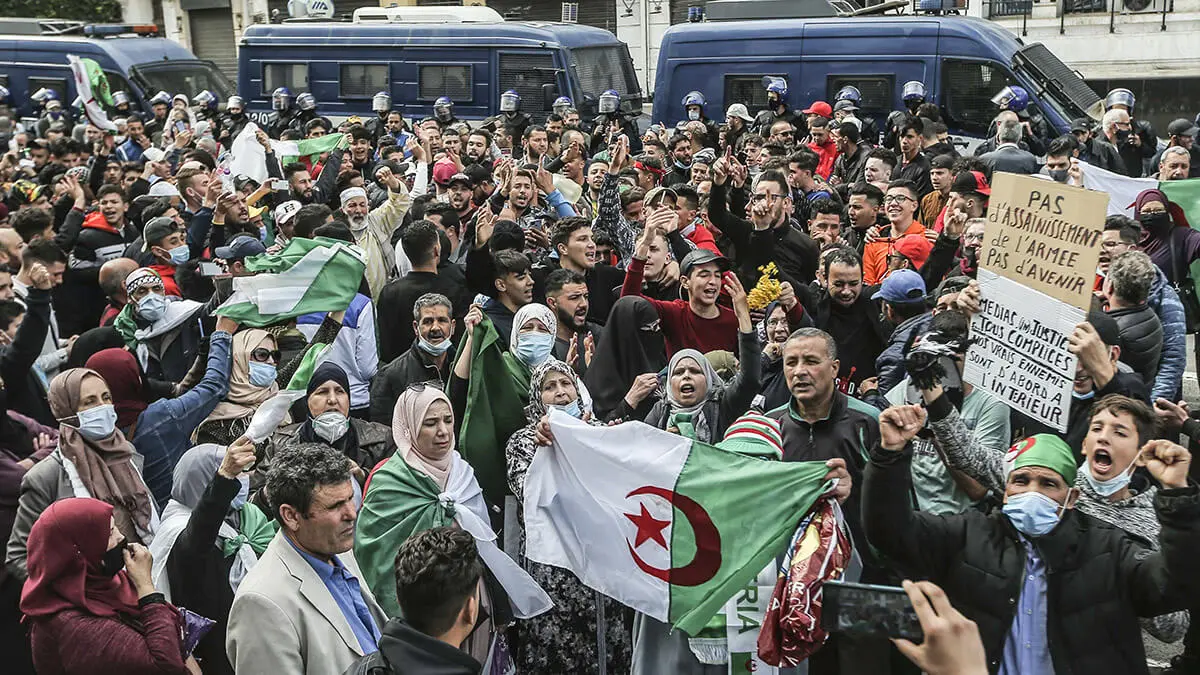
The lack of human rights and the strong repression against Algerian dissidents has been revealed. According to the latest report of the United Nations (UN), issued by the UN special rapporteur on human rights, Mary Lawlor, Algeria is violating and failing to comply with several human rights of Algerian citizens, despite several previous warnings from international human rights organisations.
The repression and detention of activists is not the first time that the government of Abdelmadjid Tebboune has used this practice.
Under the protection of article 87 bis of the Algerian Penal Code, belonging to the section of anti-terrorist laws, several activists and journalists have been detained in recent years in the country. Through this measure, Algiers would be placing dissident journalists on a par with terrorists.
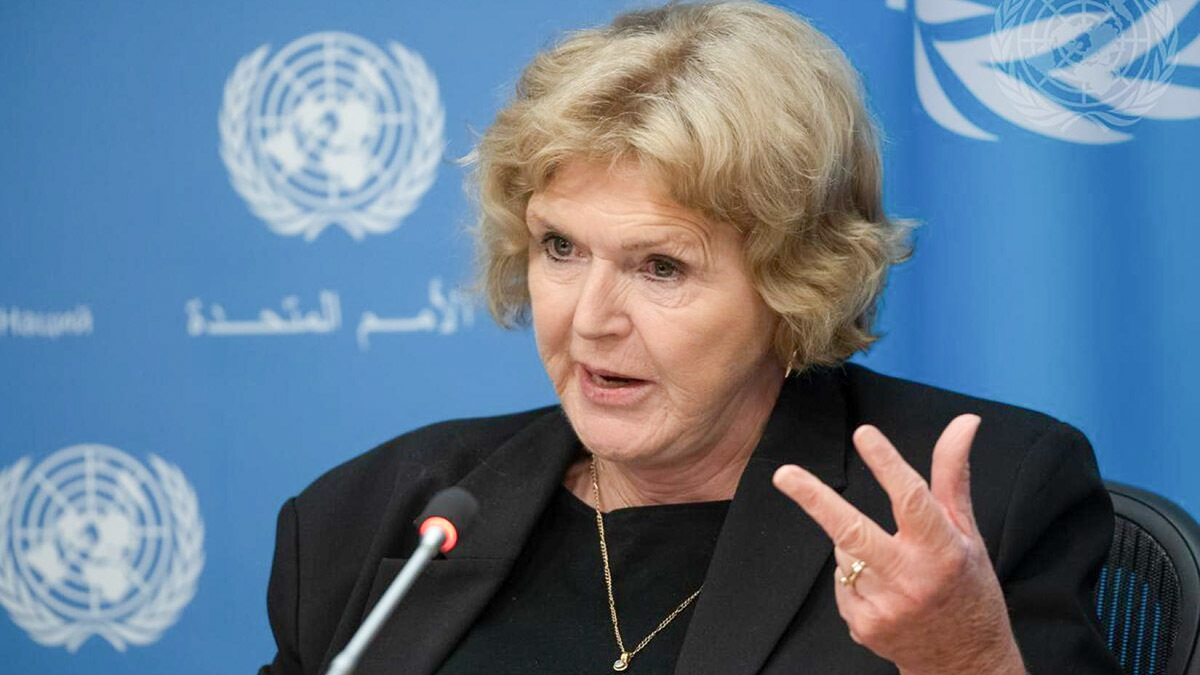
The damning report
Over 18 pages long, the report presented by Lawlor points out that the Algerian authorities do not comply with the appeals they make to the outside world regarding their commitment to respect human rights.
‘More than a year after my visit to Algeria, at the end of 2023, I am deeply disappointed to see that human rights defenders in different fields of work, some of whom I met, are still being arbitrarily detained, judicially harassed, intimidated and criminalised for their peaceful activities under vague provisions, such as that of threatening state security,’ Mary Lawlor said during the presentation of the report.
The reality reflects a situation contrary to the statements of the government leaders. While advocating for greater commitment, the Executive has closed the Algerian League for the Defence of Human Rights, an institution that had great popular support and strength, but did not have great capacity for action. This act of closure has led to the arbitrary detention of many journalists and activists, some of whom have been detained several times.
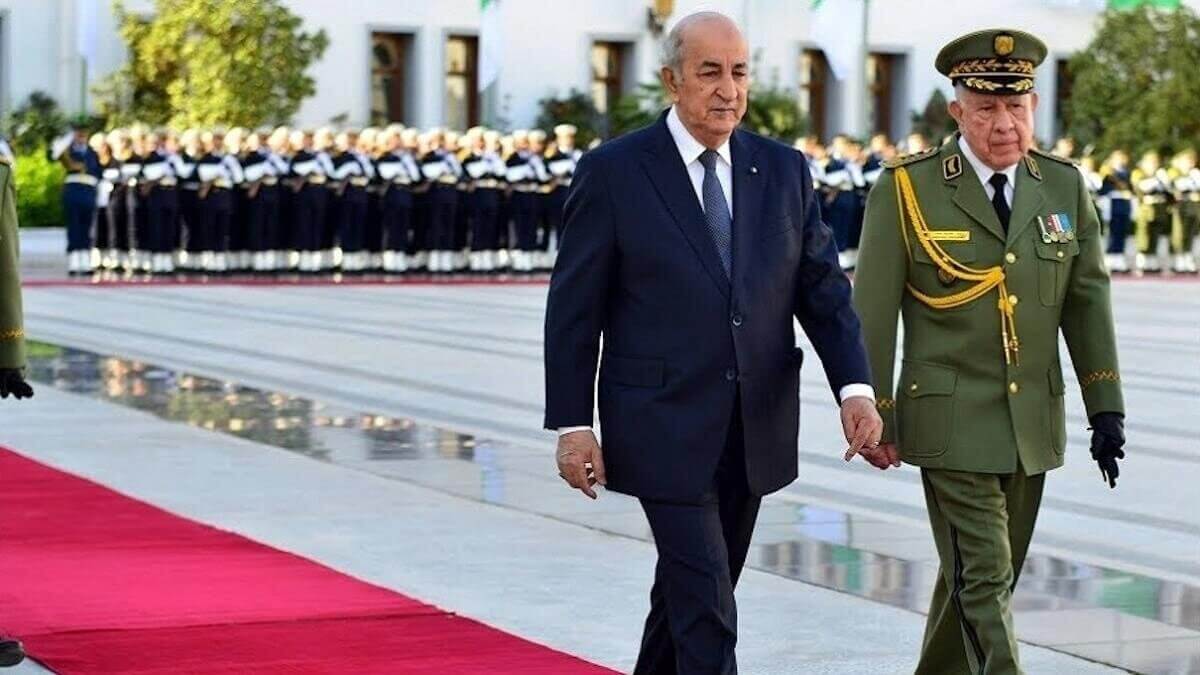
The document was presented to representatives of the Algerian Ministry of Foreign Affairs, the Ministry of Communications, the Ministry of the Interior, as well as to police authorities and leaders of the General Directorate of Civil Liberties and Judicial Affairs.
On the other hand, Lawlor was unable to meet with representatives of Algerian human rights defenders for fear of possible reprisals. Finally, the UN Special Rapporteur on Human Rights emphasised that the situation of women and the LGBTIQ+ community also faces serious problems, especially in terms of finding work.
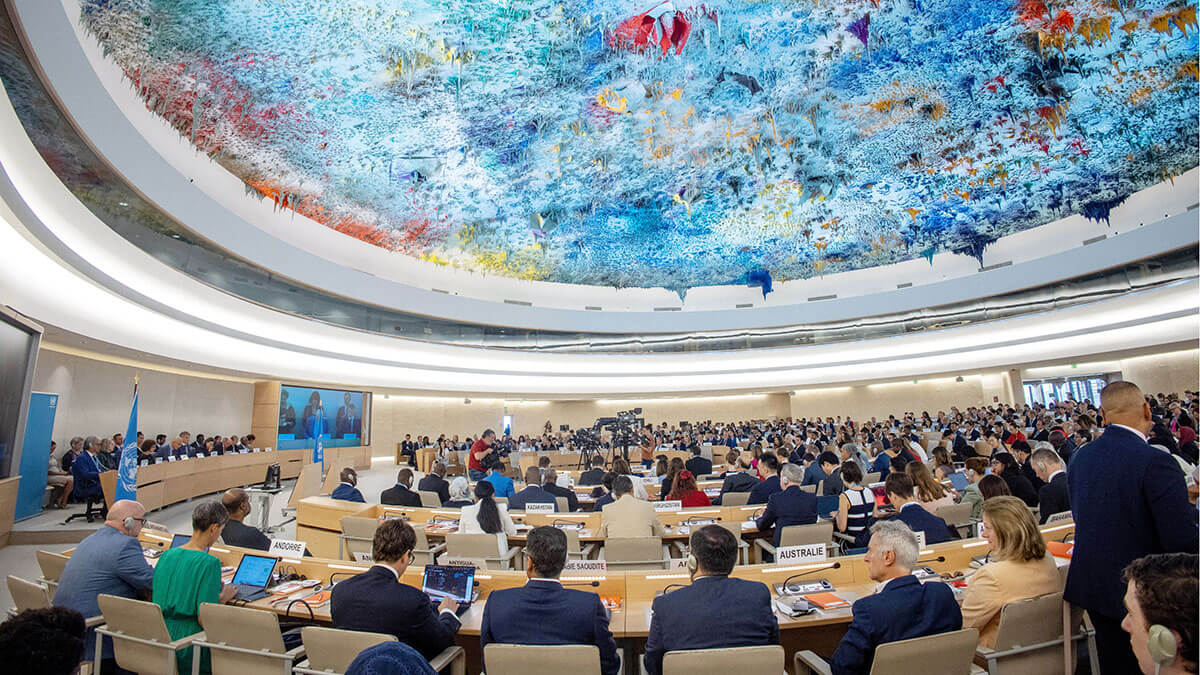
Journalists and activists detained
In recent years, freedom of the press in Algeria has increasingly suffered attacks from the authorities and police forces. For many communicators and activists, carrying out their work in Algeria means exposure to unaffordable fines and prison sentences, which, despite being for short periods, are acts that coerce the rest of the informants.
Cases such as that of the journalists Noureddine Tounsi, imprisoned in El Harrak prison; Kamira Nait Sid, in Kolea prison; or Ahmed Manseri in Tiaret prison; are just some of the best known. In addition to journalists, there are also numerous human rights activists in Algerian prisons, such as Jamila Loukil, Kaddour Chouicha and Said Boudour, who are awaiting trial.
During Lawlor's visit to the North African country, the UN rapporteur requested a meeting with all the aforementioned personalities, as their imprisonment is considered arbitrary since many of them have been released and re-arrested several months later.
Despite the clear indications that human rights are being violated, Mary Lawlor confirmed that the UN will continue with the investigations, work and meetings to put an end to this situation, which has been going on for six years in the North African country.

The Penal Code and anti-terrorist legislation
The laws in Algeria are excessively broad in terms of the definition of terrorism included in the Penal Code. Algeria has participated in four cycles of the universal programme of the Human Rights Council periodic review, however, the Algerian government received up to seven recommendations directly related to the situation of human rights defenders, of which it only accepted six.
In addition, the requirements refer to the need to reform article 87 bis of the Penal Code, specifying more rigorously the crimes related to terrorism, and bringing it into line with international standards, to help avoid and prevent its use against activists, human rights defenders, journalists and political opponents critical of the regime.
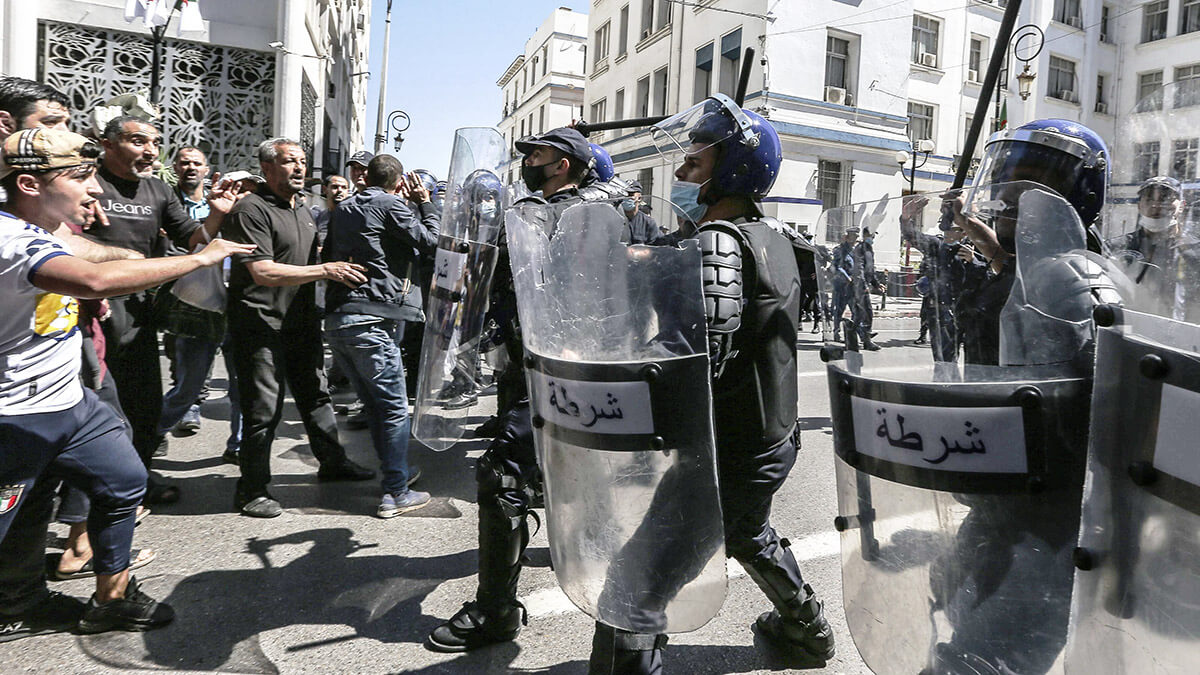
Certain legal texts related to the security sector and the fight against terrorism approved in 2021 have raised serious concerns in the human rights community, in particular Ordinance No. 21-08 of 8 June 2021 and Law No. 20-06 of 28 April 2020, which amended and supplemented Ordinance No. 66-156 of 8 June 1966 on the Penal Code.
Although Algeria faces serious challenges in the fight against terrorism, several UN rapporteurs have expressed their disagreement and concern about the conditions under which these amendments were adopted, the broad definition of terrorism, particularly in article 87 bis of the Penal Code, and the very broad scope of application of articles 95 and 196 bis of the Code. These undermine the principle of legal certainty and the rights to peaceful assembly and freedom of expression, through the imposition of extremely high penalties for acts that should not be judged by anti-terrorist legislation.

